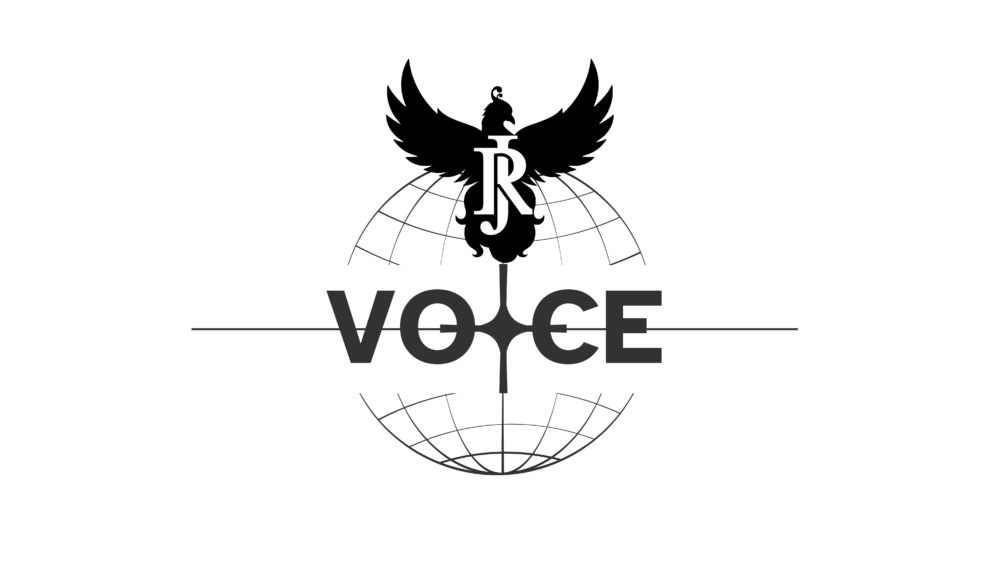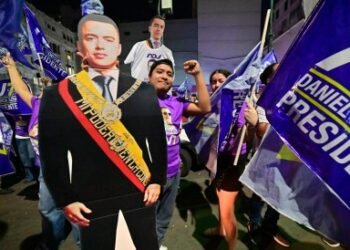Tens of thousands of Poles gathered in Warsaw over the weekend to commemorate the 1,000th anniversary of the coronation of Poland’s first king, Bolesław the Brave. The event, which took the form of a patriotic march through the capital, also served as a rallying point for conservative forces ahead of the upcoming presidential election.
Participants travelled from across the country, many dressed in traditional attire, performing the Polonaise and singing the national anthem. The demonstration was filled with patriotic symbols and strong religious undertones, with references to Poland’s Catholic roots. Attendees also voiced support for Karol Nawrocki, the presidential candidate backed by the conservative Law and Justice (PiS) party.
Though no longer in power, Law and Justice remains a dominant political force and is aiming to regain control by securing the presidency. The office holds considerable sway over foreign policy and has the authority to veto legislation. Nawrocki, a 42-year-old historian-turned-politician, addressed the crowd in front of Warsaw’s Royal Castle, a historic site rebuilt after being destroyed during World War II.
“Poland must protect its heritage, its beauty, and the crown handed down to us through history,” Nawrocki told supporters. “We dream of a Poland that aspires, a great Poland shaped by the sacrifices of those who came before us and for those who will follow.”
The rally also drew international symbols, with a few American flags spotted among the Polish banners. One attendee, 81-year-old Stanislaw Bieniek, who had emigrated to the US during communist rule, declared his support for both Nawrocki and former US President Donald Trump. “My family supported Trump in the US, and now I’m here, supporting Nawrocki,” he said.
The timing of the event is crucial for Law and Justice, as recent polls show Nawrocki trailing behind Warsaw Mayor Rafał Trzaskowski, a centrist and the current frontrunner in the presidential race. Trzaskowski has maintained support above 30%, while Nawrocki is polling at just over 20%.
Adding pressure to Nawrocki’s campaign is the rise of far-right candidate Sławomir Mentzen from the Confederation party, who is gaining traction among conservative voters and threatening to fracture the right-wing vote.
The march also recognized another significant moment in Polish history—the 500th anniversary of the Ducy of Prussia pledging allegiance to the Polish king in 1525. The historical reference stirred national pride, especially among those mindful of Poland’s turbulent past with neighboring Germany.
Organizers claimed a turnout of 100,000, though Warsaw city hall, led by Trzaskowski, estimated attendance closer to 20,000.
As the presidential election approaches on 18 May, the country braces for a competitive race. Poland’s electoral system requires a candidate to secure more than 50% of the vote to win outright; otherwise, the top two contenders will advance to a runoff. With incumbent President Andrzej Duda nearing the end of his second and final term, the contest is seen as pivotal for the country’s political future.































































